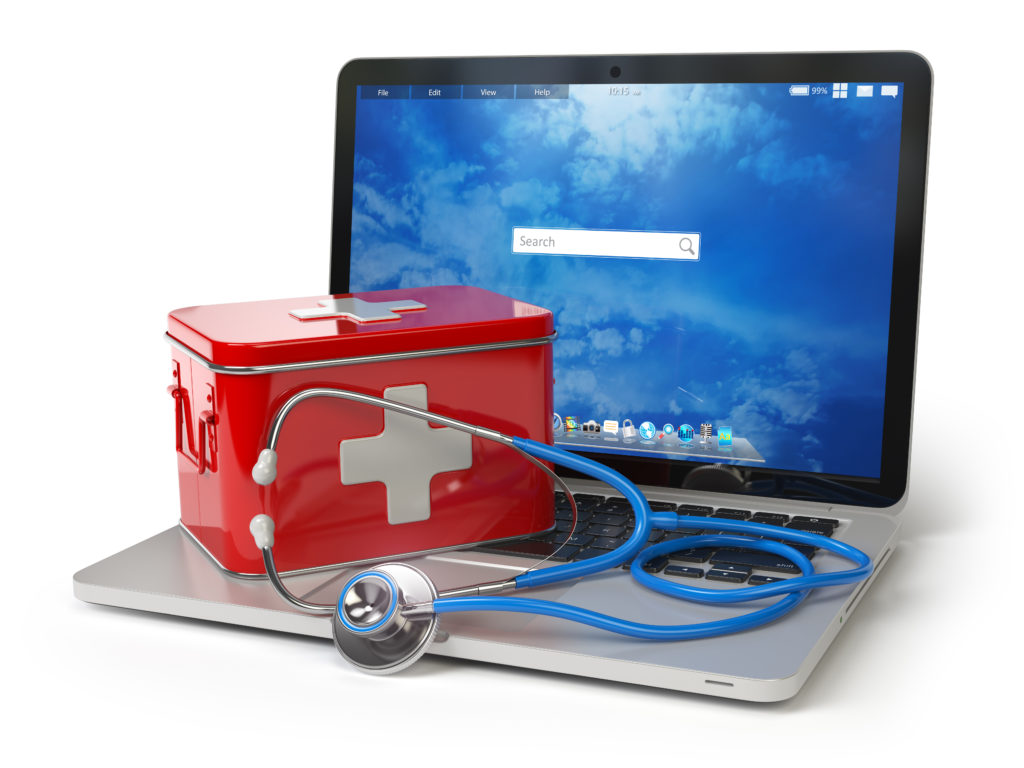It’s no secret that the healthcare industry relies heavily on technology. From electronic health records (EHRs) to telemedicine, healthcare organizations depend on various tech tools to provide patient care, manage operations, and communicate with other providers. And an information technology (IT) provider plays a vital role in keeping these systems up and running. In other words, these IT professionals can be a valuable asset to healthcare organizations.
The importance of IT support in healthcare system resilience cannot be understated. Here are six reasons why:
1. Ensure Compliance with Industry Regulations
The healthcare industry is highly regulated. From the Health Insurance Portability and Accountability Act (HIPAA) to the Medical Device Regulation (MDR), there are various rules and regulations that healthcare organizations must comply with. Failure to comply may result in hefty fines and penalties.
IT services such as those provided by True North managed IT for healthcare can help ensure compliance with industry regulations. They can review your current system and ensure it meets all the requirements. For instance, they can help you install software that encrypts patient data to meet HIPAA compliance. Or perhaps, set up a secure network to comply with the MDR.
With an IT support team on your side, you can be confident that your organization is complying with all the relevant policies. After all, being a reputable and compliant healthcare organization is crucial to earning the trust of patients and other stakeholders.
2. Enhance Cybersecurity Measures
There’s no denying that cybersecurity is a top concern for healthcare organizations. This industry is one of the prime targets for cyberattacks due to its large amount of sensitive data. From patient records to research data, cybercriminals can wreak havoc if they gain access to this wealth of information. These attacks can come in various forms, such as malware, ransomware, and phishing. And if these attacks succeed, they can lead to the exposure of patient data, which can have devastating consequences.
An IT support provider can help you enhance your cybersecurity measures. They can assess the current security system and make recommendations for improvements. For instance, they may install security software or set up firewalls to prevent unauthorized access. Or perhaps, suggest team training on cybersecurity best practices. They can also guide you in creating a robust security plan and implementing it effectively.
Working with IT support can give you peace of mind knowing that your data is well-protected against cyber threats. And more importantly, it can help you avoid costly data breaches.

3. Improve System Performance
Over time, all systems experience some form of degradation. This is especially true for healthcare systems since they’re constantly being used. For instance, an EHR system might start to run slowly or have more glitches. And if not addressed, these issues can impact the quality of care you provide. That’s where IT support can help.
These professionals can help you troubleshoot performance issues and identify the root cause. They can also recommend solutions to improve system performance, such as upgrades or patches. You can avoid disruptions and maintain high-quality care by keeping your system up-to-date.
4. Provide Valuable Insights
IT support providers don’t just fix system problems; they can also provide valuable insights. For instance, they can use data analytics to identify trends and potential issues. This information can drive decision-making, thereby improving the overall resilience of your healthcare system. For instance, you may decide to invest in new equipment or change your care processes based on the insights provided.
IT support providers can also use data to improve your marketing efforts. They can segment patients based on their needs and preferences. This way, you can tailor your marketing campaigns and enhance patient engagement.
5. Increase Uptime
Downtime is every healthcare organization’s nightmare. After all, even a few minutes of downtime can significantly impact patient care. Not to mention, it can also lead to lost revenue and reputation damage. That’s why it’s essential to have an IT support team that can help you eliminate or minimize downtime.
These professionals can provide around-the-clock monitoring of your system. And if they detect any issues, they can take immediate action to resolve them. This way, you can avoid significant disruptions and ensure that your patients always have access to the care they need.
6. Support Strategic Initiatives
In addition to keeping the system running smoothly, IT support can help you achieve your strategic initiatives. That means they can provide the necessary tools and resources to help you implement new technologies, such as telehealth. Or perhaps, they can help you migrate to a new electronic health record (EHR) system.
Either way, having an IT support team on your side can make it easier to achieve your long-term goals. With their assistance, you can focus on providing high-quality care while they take care of the technical aspects.
Conclusion
As you can see, IT support is crucial to healthcare system resilience. These experts can help you overcome various challenges, such as compliance, performance issues, security, downtime, and more. Now it’s your time to assess your current IT support situation. And if you find that you’re not getting the level of support you need, then it might be time to consider working with a managed IT services provider.
















